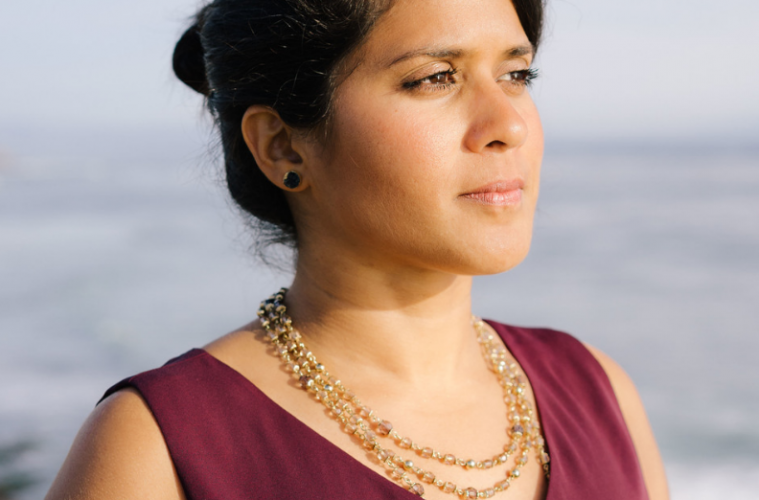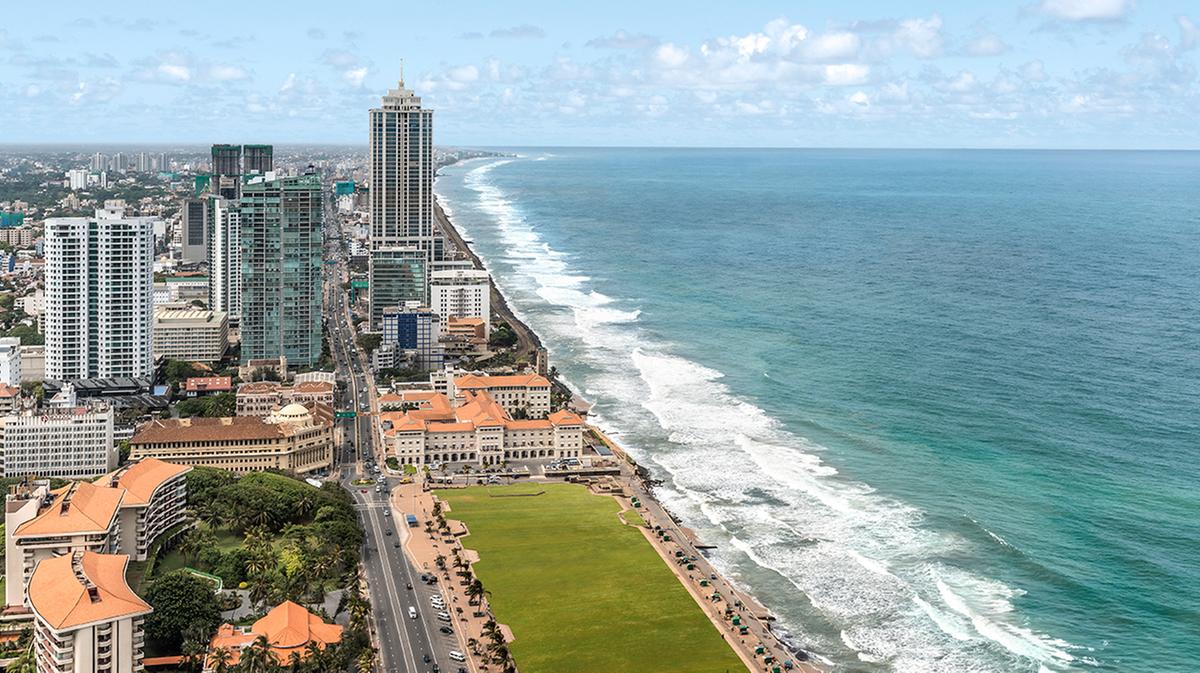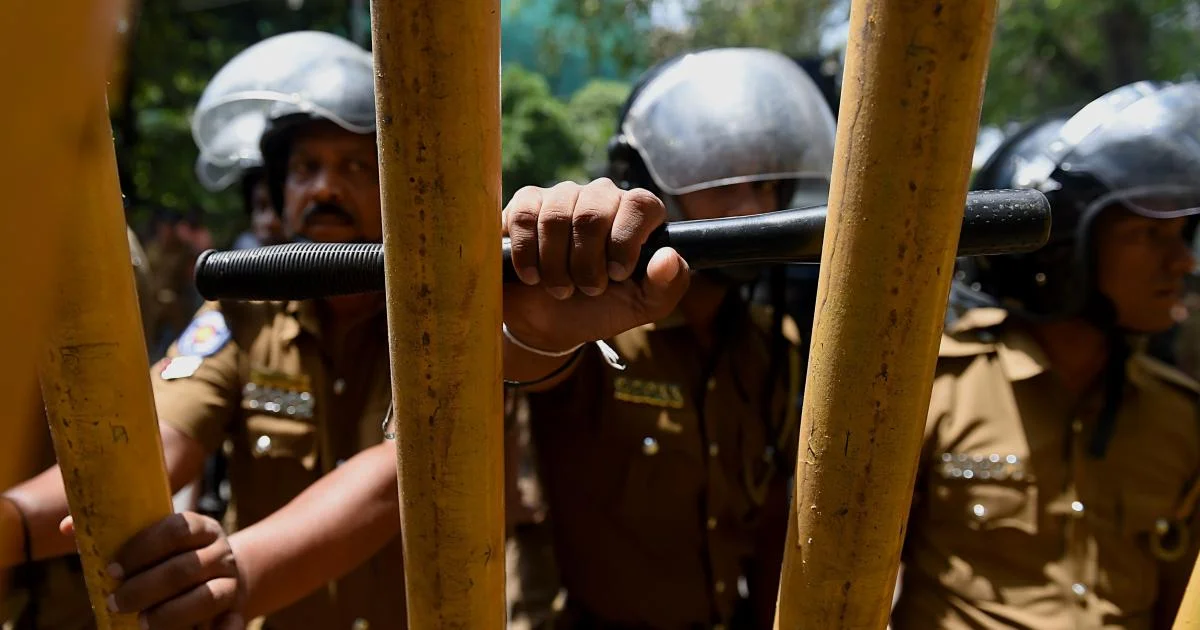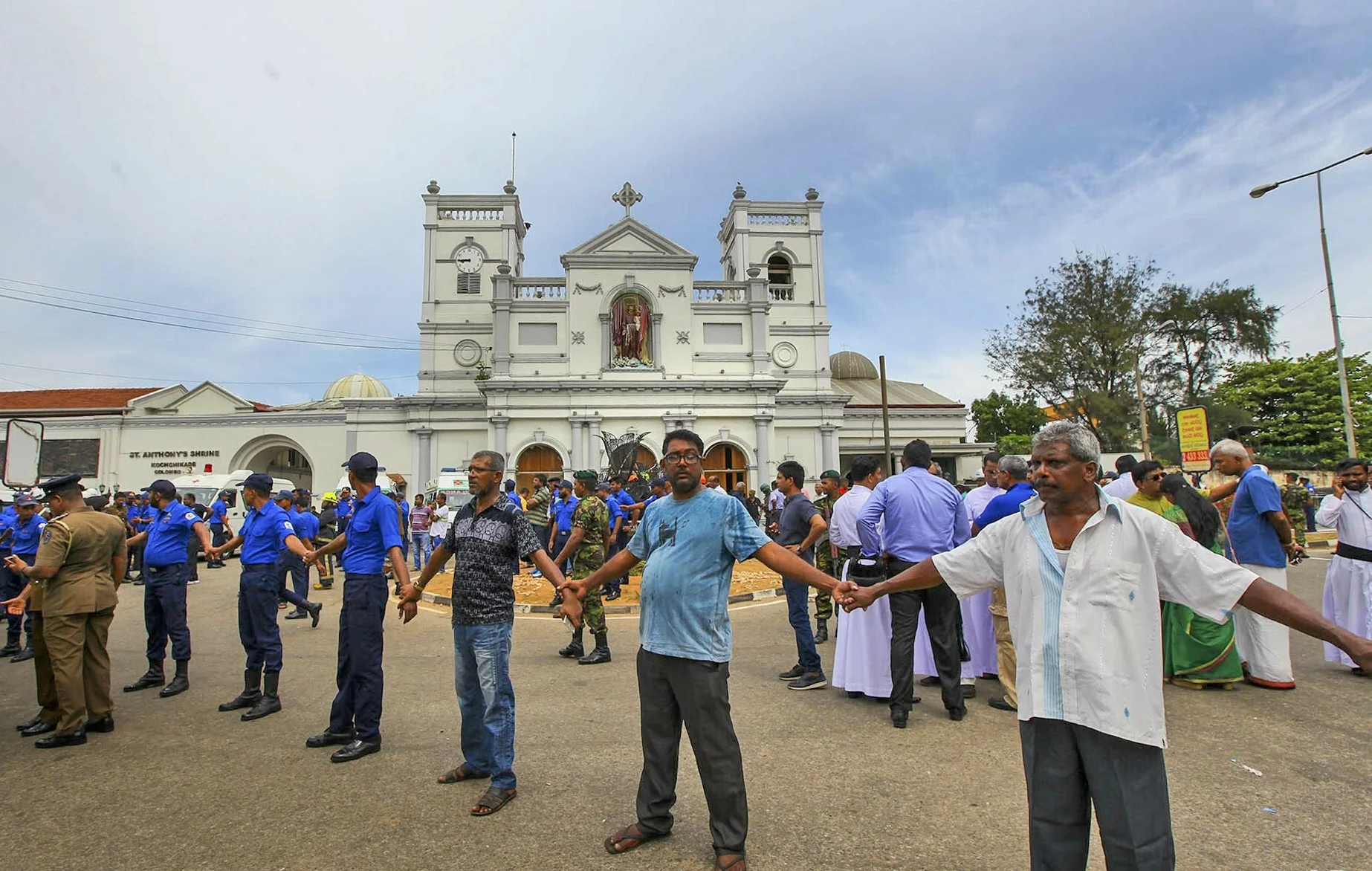
“A beach is not only a sweep of sand, but shells of sea creatures, the sea glass, the seaweed, the incongruous objects washed up by the ocean”, says the great American Journalist, Henry Grunwald. And certainly, the ocean is so vast, it seems like it’s never-ending.
What all an ocean can hold is beyond our perception, and incomparable. When in 2017, Asha de Vos, a marine mammal researcher started an expedition in the Northern part of the Indian Ocean, she and her team made a breath-taking discovery which no one was prepared for.
It is incredible how for some people, a simple and ordinary day can turn out be the day they create history on. Asha de Vos and her team experienced a day like this, and pages were added in the books of history.
Sri Lanka
 Formerly known as Ceylon, Sri Lanka is an island nation surrounded by the Indian Ocean from all four sides. This island country has been known for it’s rich rural heritage and the first-ever known Buddhist writings. But this time, the nation was going to come in limelight for something very unique.
Formerly known as Ceylon, Sri Lanka is an island nation surrounded by the Indian Ocean from all four sides. This island country has been known for it’s rich rural heritage and the first-ever known Buddhist writings. But this time, the nation was going to come in limelight for something very unique.
Civil War
 The Sri Lankan Civil War began on 23rd July, 1983 and continued till 18th May, 2009. Riots broke out in major parts of the nation due to ethnic tension. Violence prevailed in every corner of almost all the cities of the nation.
The Sri Lankan Civil War began on 23rd July, 1983 and continued till 18th May, 2009. Riots broke out in major parts of the nation due to ethnic tension. Violence prevailed in every corner of almost all the cities of the nation.
No Allowance
 Since the tension had been spread in the nation for so many years, a lot of civil rights were prohibited. People were not even allowed to step out of their houses except for at certain time periods. But better days were to come…
Since the tension had been spread in the nation for so many years, a lot of civil rights were prohibited. People were not even allowed to step out of their houses except for at certain time periods. But better days were to come…
No Discoveries
 Due to the civil war, almost everything was forbidden and therefore no scientific discoveries or advancements were able to take place in the nation. Time had paused for the whole of Sri Lanka until 2009.
Due to the civil war, almost everything was forbidden and therefore no scientific discoveries or advancements were able to take place in the nation. Time had paused for the whole of Sri Lanka until 2009.
2009
 The Civil War ended in 2009 and peace was finally declared. People started to lead normal lives and gained back their rights. Scientists desperately wanted to dig deeper into this nation that was untouched for a very long time.
The Civil War ended in 2009 and peace was finally declared. People started to lead normal lives and gained back their rights. Scientists desperately wanted to dig deeper into this nation that was untouched for a very long time.
Asha de Vos
 Sri Lankan native Asha de Vos, returned to her homeland after she had completed her studies abroad and she became the first woman in Sri Lanka to earn a Ph.D. in Marine Mammal Research. And this started the story of the great discovery.
Sri Lankan native Asha de Vos, returned to her homeland after she had completed her studies abroad and she became the first woman in Sri Lanka to earn a Ph.D. in Marine Mammal Research. And this started the story of the great discovery.
